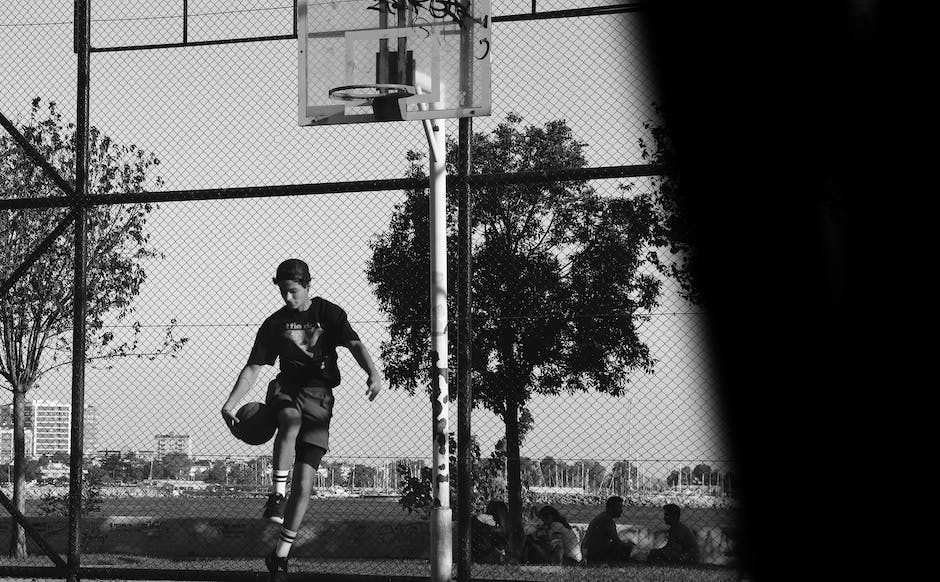On December 1, 2022, the US Supreme Court heard oral arguments in a case that could potentially reshape Section 230 of the Communications Decency Act. The case, Gonzalez v. Google, involves two victims of terrorist attacks who argue that Google and Twitter are liable for allowing ISIS to use their platforms to spread extremist messages that led to the attacks. The plaintiffs claim that the companies should be held responsible for enabling the attacks to occur.
Section 230 provides legal immunity for online platforms for the content posted by users. It is a key law that has allowed the internet to flourish and has been crucial for the growth of social media platforms, e-commerce websites, and other online businesses. The law has been widely interpreted to mean that online platforms are not liable for content posted by users, except in certain limited circumstances.
However, the plaintiffs in this case argue that the immunity provided by Section 230 should not apply to online platforms that knowingly allow terrorist groups to use their platforms for recruitment and other purposes. They claim that the companies should be held responsible for the terrorist attacks that resulted from such use of their platforms.
The case could have significant implications for the future of online speech and the responsibilities of online platforms. If the court rules against Google and Twitter, it could mean that online platforms would be required to take greater responsibility for the content posted on their platforms. This could lead to increased censorship and a chilling effect on free speech. On the other hand, if the court upholds the immunity provided by Section 230, it could mean that online platforms would continue to enjoy broad protection from liability.
The case has attracted significant attention from both sides of the political spectrum, as well as from tech companies, free speech advocates, and other interested parties. Some argue that the plaintiffs’ claims are baseless and that the court should uphold the broad immunity provided by Section 230. Others argue that online platforms need to do more to police their platforms and prevent the spread of extremist content.
It is not yet clear when the court will issue its ruling in this case. However, the outcome of the case could have significant implications for the future of online speech and the responsibilities of online platforms. It will be important to watch this case closely and to consider the potential consequences of the court’s decision for the future of the internet.




